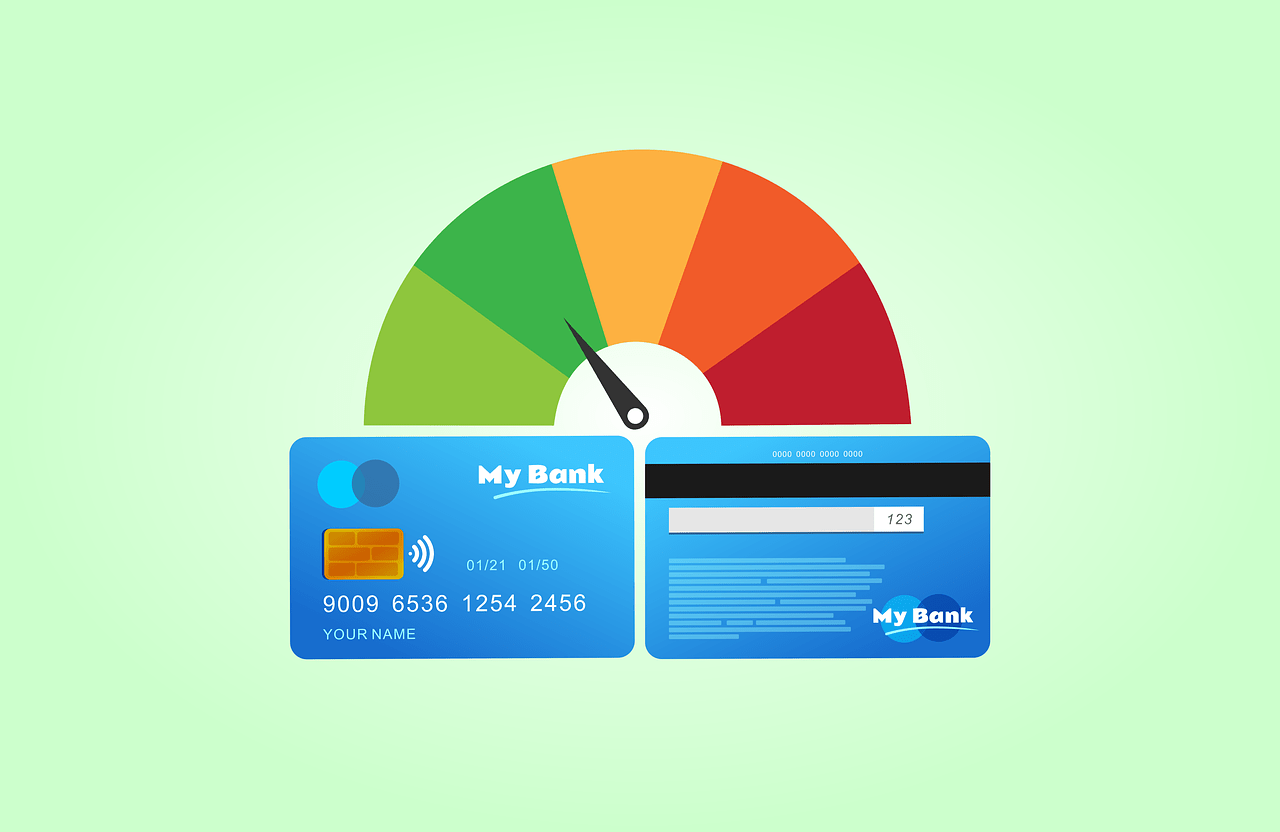A good credit score is essential for securing loans and financing at favorable terms. If your credit score needs improvement, it’s important to take steps to rebuild it over time. Fortunately, there are several effective strategies to help you achieve this. Here are seven ways to rebuild your credit score:
1. Pay Your Bills On Time:
Paying your bills on time is crucial. Late payments, even by a few days, can negatively impact your credit score and lead to higher interest costs. Set up automatic payments or use a bill reminder service to ensure timely payments.
2. Always Review Your Credit and Scores:
Regularly review your credit report and scores to catch errors early. Services like TransUnion can help. Correct any inaccuracies promptly to prevent them from damaging your credit score. Monitoring your credit also helps you stay informed about your credit status.
3. Stay Out of Debt:
Avoid accumulating more debt to maintain a healthy credit score. Aim to keep your credit utilization below 30%. If you have existing debt, focus on paying off the oldest debts first and work towards reducing your overall debt load.
4. Learn How to Use Credit Cards Properly:
Credit cards can help rebuild your credit if used correctly. Keep your balance below 30% of your credit limit and pay off the full balance each month to avoid interest charges. Avoid making only minimum payments to reduce debt more quickly.
5. Don’t Let Collections Ruin Your Score:
Address any collections on your credit report promptly. Negotiate with collection agencies to remove negative marks from your report once the debt is paid. Prioritize paying off collections to minimize their impact on your credit score.
6. Help Build Credit by Establishing Foundations Before Applying for Loans:
Establish a positive credit history before applying for new loans or credit cards. Make small payments on existing debts to demonstrate good payment habits. Avoid applying for new credit unless necessary, as each application can affect your score.
7. Consider a Secured Credit Card:
If you’re having trouble getting approved for a traditional credit card, a secured credit card can be a great option. With a secured card, you make a deposit that serves as your credit limit. Use the card responsibly by making small purchases and paying off the balance in full each month. This helps build a positive payment history, which can boost your credit score over time.
Wrapping Up:
Credit scores are crucial when securing a loan or taking out a mortgage. The higher your score, the better your interest rate will be, and the easier it will be for you to land a loan. Take proactive steps to rebuild your credit score over time by following these strategies.



